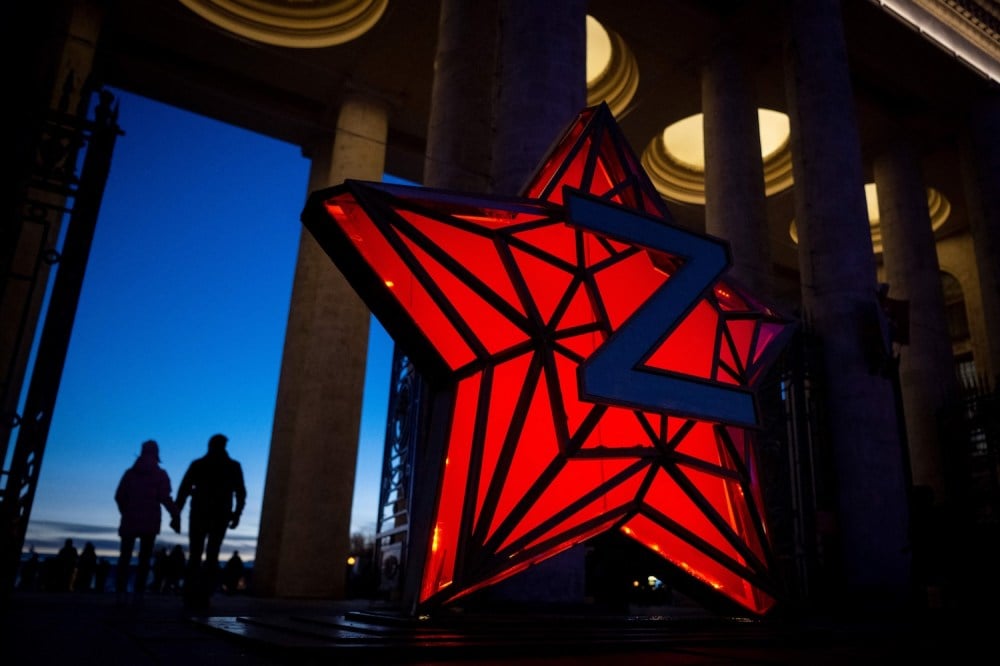The Facade of Triumph: What Putin’s Victory Really Means
As Vladimir Putin celebrates another electoral success, the air is thick with questions regarding the implications of his victory. Is this win a genuine reflection of support among the Russian populace, or merely a hollow achievement masked by a labyrinth of political maneuvering? To unravel this enigma, we must delve deeper into the layers of Russian politics, public sentiment, and the broader geopolitical landscape.
Understanding the Context of Putin’s Victory
Putin’s recent electoral success is often heralded as a triumph of stability, drawing on a narrative that portrays him as a bulwark against chaos. However, this perspective is rife with complexities. The electoral process in Russia has been criticized for lacking transparency and fairness, raising serious doubts about the legitimacy of the results. Observers point to a series of systemic issues that undermine the authenticity of the electoral process:
- Media Control: The Russian government exercises significant control over the media landscape, stifling dissenting voices and promoting a singular narrative that supports the Kremlin’s agenda.
- Political Oppression: Potential rivals face harassment, imprisonment, or even worse, leading to a political environment where real competition is virtually non-existent.
- Manipulation of Electoral Laws: The Kremlin has been known to manipulate electoral laws to its advantage, ensuring that opposition parties struggle to gain traction.
Given these factors, Putin’s victory can be seen as a facade of triumph rather than a straightforward endorsement from the electorate.
The Illusion of Popular Support
While official statistics boast high approval ratings for Putin, the reality on the ground paints a different picture. Many Russians exhibit a sense of resignation rather than genuine support for the regime. This sentiment can be attributed to several key factors:
- Fear and Surveillance: A pervasive atmosphere of fear exists in Russia, with citizens wary of expressing dissent due to potential repercussions.
- Nationalism vs. Individualism: Putin has successfully leveraged nationalism to rally support, but this does not necessarily translate to a personal affinity for his governance style among everyday citizens.
- Economic Strain: The Russian economy has faced numerous challenges, including sanctions and declining oil prices, leading to disillusionment among the populace. Many citizens struggle with rising costs and stagnant wages, which can lead to a disconnect between perceived support for the regime and actual satisfaction with its policies.
Thus, the triumph celebrated by the Kremlin may be more about the regime’s ability to maintain control rather than a reflection of true popular support.
Political Maneuvering: The Mechanics Behind the Victory
Putin’s electoral victory is not merely a product of public support, but rather a culmination of strategic political maneuvering. This includes:
- Strategic Alliances: The Kremlin has forged alliances with various political and business elites, ensuring a loyal base that can mobilize support during elections.
- Suppressing Opposition: The systematic suppression of opposition parties has created a political landscape devoid of genuine alternatives, effectively skewing the electoral process in favor of Putin.
- Control Over Key Institutions: Control over the judiciary and electoral bodies allows the Kremlin to influence the electoral process, facilitating outcomes that favor the incumbent.
This strategic manipulation illustrates that what appears as a victory for Putin may, in fact, be a carefully curated facade, designed to project strength and stability while suppressing dissent.
The Broader Implications of Putin’s Victory
While Putin’s electoral victory may bolster his image domestically, the implications extend far beyond Russia’s borders. The international community watches closely, assessing how this façade of triumph will shape geopolitical dynamics. Some potential ramifications include:
- Increased Isolation: As the Kremlin tightens its grip on power, Russia may face increased isolation from the West, leading to further sanctions and diplomatic rifts.
- Rising Tensions: A strengthened Putin may adopt more aggressive foreign policies, particularly in regions like Ukraine and Eastern Europe, exacerbating tensions with NATO and the European Union.
- Domestic Unrest: The illusion of stability may mask underlying discontent. Should economic conditions worsen or dissent grow, the regime could face significant challenges from an increasingly frustrated populace.
The long-term consequences of this electoral victory may not align with the short-term triumph celebrated by the Kremlin.
Looking Ahead: What Lies Beyond the Facade?
As we analyze the implications of Putin’s victory, it is crucial to consider what lies ahead. The façade of triumph may not endure indefinitely, and cracks in the facade could emerge as the socio-economic conditions evolve. The following factors warrant careful observation:
- Economic Recovery: Russia’s ability to navigate economic challenges will be critical. A failure to improve living standards could erode support for the regime.
- Social Movements: The rise of grassroots movements could pose a challenge to Putin’s authority, particularly among younger demographics who have access to information beyond state-controlled media.
- International Relations: The global response to Russia’s actions will shape the Kremlin’s strategic calculations. Increased pressure from the West could lead to a more isolated and defensive stance.
The next chapter in Russia’s political saga remains unwritten, and the facade of triumph may soon be tested by the realities of governance and public sentiment.
Conclusion: Beyond the Facade
Putin’s electoral victory, while celebrated within the Kremlin, raises critical questions about the nature of support and legitimacy in Russia. The facade of triumph, bolstered by political maneuvering and media control, masks the complex realities of Russian society and governance. As the international community observes, the implications of this victory extend far beyond Russia’s borders, influencing geopolitical dynamics for years to come. Ultimately, the true measure of Putin’s success will be determined not by electoral outcomes, but by the resilience of a population longing for genuine representation and change.
See more BBC Express News

